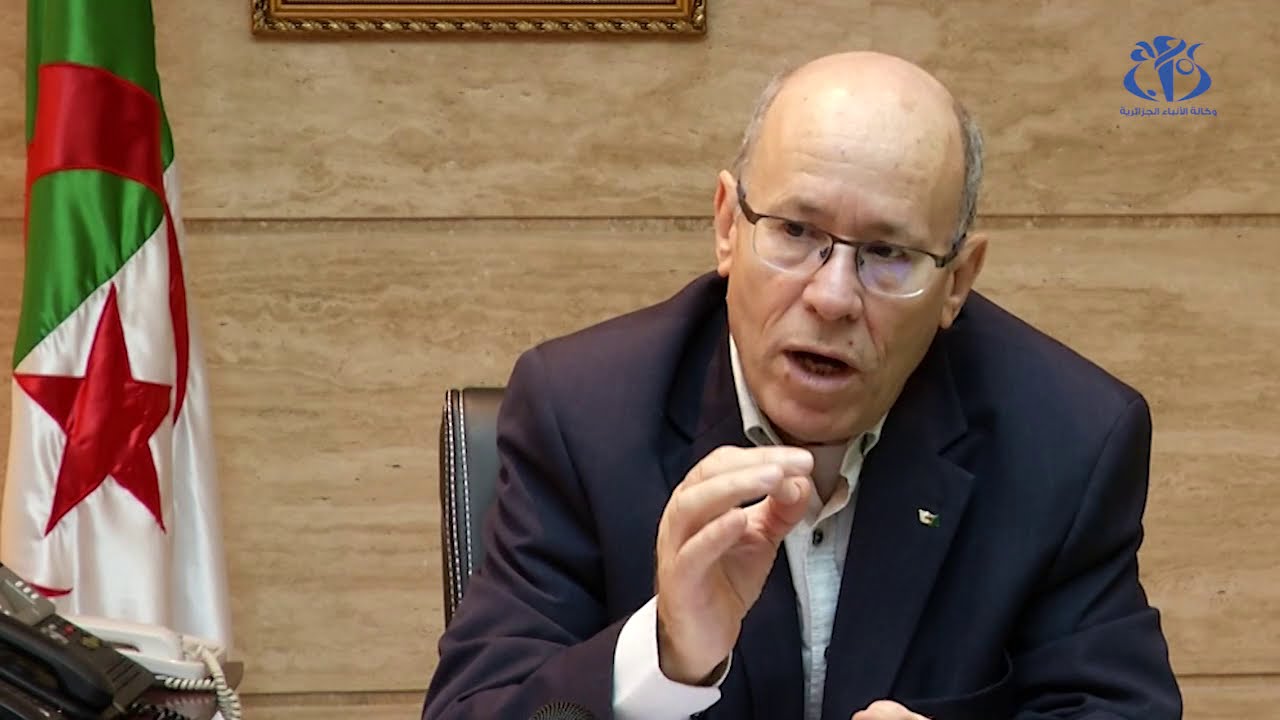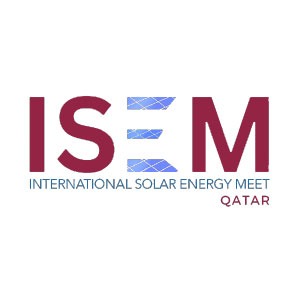- ASRY Awarded 2024 RoSPA Gold Medal in Health and Safety
- BP ponders shifting focus away from renewables, say sources
- QatarEnergy enters 10-year naphtha supply agreement with Japan’s ENEOS Corporation
- The International Energy Agency expects oil demand growth to slow in 2024
- The International Monetary Fund re-selects Kristalina Georgieva as its director
- Libya to target producing 1.4 million b/d by end 2024
- TotalEnergies launches the Marsa LNG project and deploys it multi-energy strategy in Oman
- H.E. Minister Al-Kaabi: Demand for oil and gas will continue for long; we have to be responsible, and Qatar is doing its part
- Egypt to stop exporting LNG starting from the beginning of May 2024
- QatarEnergy selects Nakilat to own and operate 25 conventional LNG vessels

Algeria: Continuous deterioration in the oil and gas sector due to mismanagement and lack of investment

Algeria’s oil and gas exports are constantly declining due to mismanagement and lack of investment in the energy sector.
Observers believe that the decline is so steep and continuing that Algeria may stop being an exporter of crude oil during the years of this decade, and that threatens more financial suffering in Algeria with the increasing chances of popular demonstrations like the one that toppled the president two years ago.
“Algeria is no longer an oil country,” Cherif Belmihoub, the minister in charge of economic forecasts, said on state radio a few days ago.
Experts of the International Monetary Fund say that the balance of Algeria’s budget requires that the selling price of crude oil should be $ 135 per barrel, which is much more than the parity price in the budgets of the rest of the Arab oil-producing countries. Despite the rise in crude oil prices for the first time in more than a year, to $ 60 a barrel, this price is still less than half of what Algeria needs to balance its budget.
According to Bloomberg ship tracking data, Algeria’s exports of crude oil and liquefied natural gas decreased by about 30% in 2020, and the decline continues in 2021 as well, as oil exports declined to 290,000 barrels per day in January 2021, which is 36% less than it was in December, and it is even the lowest export figure since 2017.
Algeria had agreed to the decisions of the (OPEC +) group to reduce production in 2020 to cope with the spread of the Corona virus and the stoppage of air traffic and the closure of factories. While most OPEC countries exceeded their quotas, Algeria has not been able to reach its production ceiling. Algeria’s production level is currently the lowest since 2002.
While oil exporters are benefiting from the recent recovery in oil prices, because Brent crude futures have increased by more than 50% since the beginning of November thanks to the spread of Covid-19 vaccines and increased demand in China, but Algeria will not benefit from the improving prices due to its weak oil production.
On the natural gas front, observers believe that the government did not make any gains from the high prices of liquefied natural gas in mid-January 2021 because it lacks the surplus gas for sale in the spot market.
According to the Gas Exporting Countries Forum data, Algeria’s gas production declined in 2019 to its lowest level in at least a decade. At the same time, the increase in the population leads to the consumption of more gas in the local market, especially in power stations, which leads to a decrease in the natural gas quantities available for export.
The state energy company, Sonatrach, is seeking to increase gas exports by about 25% this year 2021. However, frequent administrative changes have hindered the company’s efforts to increase energy production. Sonatrach has had four CEOs in the past two years and 12 chiefs since 2010. Of course, continuous changes in Sonatrach’s leadership have prevented the sector from advancing.
In order to achieve financial stability in Algeria, Prime Minister Abdelaziz Jarad ordered to reduce spending, but his government is afraid to resort to reducing energy and food subsidies for fear of the outbreak of popular protests.
In general, Algeria is one of the most closed economies in Africa. The reluctance to open up to foreign investment coming from international companies is explained by fears of increased external control over Algeria’s resources.
The government is also concerned about the control and exploitation of the International Monetary Fund or global bond investors if it withdraws loans from them to invest in oil and gas fields. The government is also dominated by the concept that resorting to borrowing from abroad will be accompanied by an assignment of property rights in operations and an infringement of national sovereignty.










